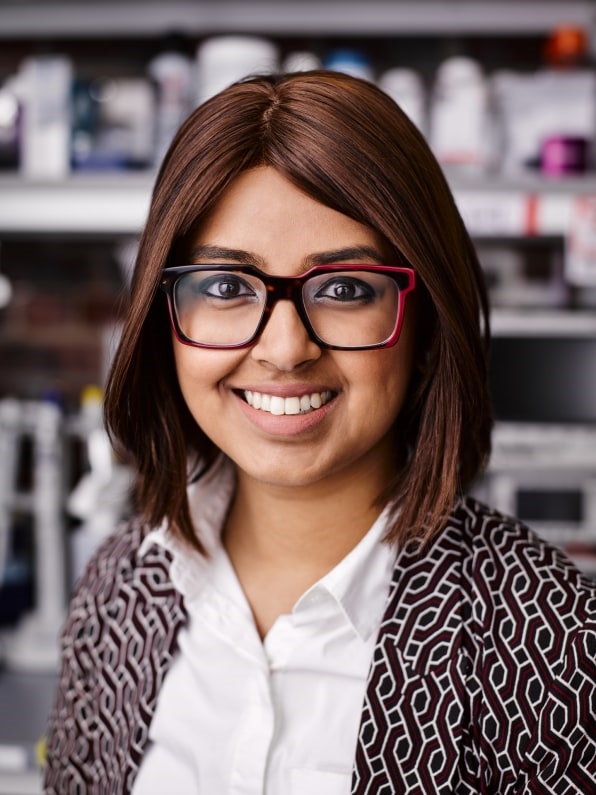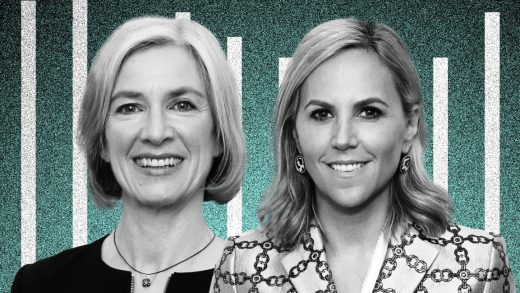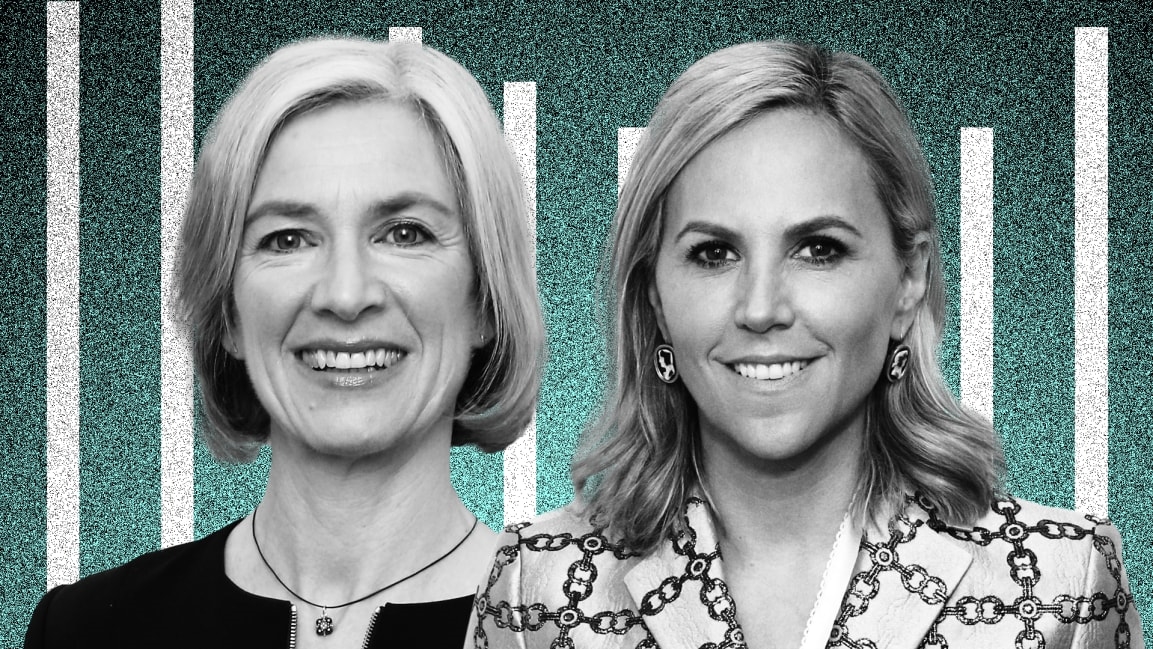Tory Burch and Nobel Prize winner Jennifer Doudna are teaming up to help women scientists
Tory Burch has helped thousands of women entrepreneurs through her eponymous foundation and its education programs, but very few recipients of her coveted one-year business fellowship have founded biotech or science-based companies. Jennifer Doudna, winner of the 2020 Nobel Prize in Chemistry and cofounder of genomics technology company Caribou Biosciences, says “being a brilliant scientist doesn’t automatically make someone a brilliant business person.”
That helps explain why Burch and Doudna have teamed up to create the Tory Burch Fellowship at the Innovative Genomics Institute, a one-year program to support a female founder leading a business in genomics. Burch and Doudna spoke exclusively with Fast Company about the fellowship and its first recipient, Nabiha Saklayen, cofounder of Cambridge, Massachusetts-based Cellino.

Saklayen will receive $10,000 for business education, up to $50,000 in research supplies, and access to other Tory Burch fellows as well as the Innovative Genomics Institute‘s network of scientists. The institute is a nonprofit, academic research organization founded by Doudna with an aim of applying research to real-world problems.
Burch is best known as founder, executive chairman, and chief creative officer of luxury lifestyle brand Tory Burch. Doudna won the Nobel Prize with Emmanuelle Charpentier for co-developing CRISPR-Cas9, a genome editing technology. They are also friends, having both served on the board of a now-defunct startup called Driver.
Burch says she doesn’t remember who initiated the conversation about a fellowship, but she says each of their organizations contributes expertise that could benefit early-stage scientific founders. The institute “is building breakthrough technologies,” Burch says: “We [at the Tory Burch Foundation] have business education and a community of women. The combination is an extraordinary partnership.” Burch and the Tory Burch Foundation donated $150,000 to the institute to seed the inaugural fellowship. The organizations are calling the first fellowship a “pilot” and they have not yet announced additional fellowships.
Saklayen and her company are already showing promise. Cellino’s technology automates the process of eliminating low-quality cells for use in stem-cell therapies. (Healthy stem cells may be used to repair and regenerate diseased tissue, for example.) The company recently raised a $16 million seed round, and Saklayen counts Derrick Rossi, cofounder of Moderna, as one of her early champions.
Saklayen says her interest in science dates back to her childhood. She recalls being six or seven years old, poring over illustrated science books she received from her mother, a teacher. (Her father is a retired foreign service officer for Bangladesh.) “I remember looking at these books every day, being obsessed with stars and planets, and I had all of these ideas about being an astronaut,” she says.
Saklayen worked in laser physics and nanotechnology while pursuing her PhD at Harvard, and hoped to develop a new type of laser-based nanotechnology to engineer cells. She began talking with biologists, who validated the importance of her work. Moderna’s Rossi was among those who encouraged her to consider commercializing her technology, telling her it could “change biology.”
Saklayen calls herself a “Jennifer Doudna fan” and credits the biochemist with elevating conversations around ethics and science. (Doudna frequently speaks about the ethical questions associated with editing human genes.) Says Saklayen: “My generation of scientists are inspired to follow in her footsteps and say, ‘We should all be talking about the ethical implications of all of our sciences.’”
WATCH: Tory Burch is helping to create opportunities for women in science
(61)



